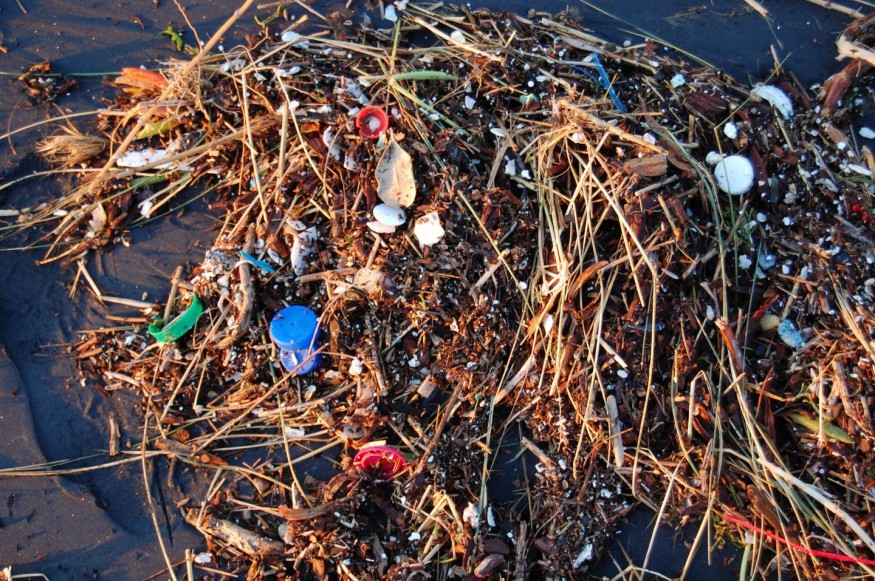
A UK-based company has developed a technology that turns plastic waste into fuel.
The said technology was made possible by Powerhouse Energy. The tech company said they want to shed an opportunity of making non-recyclable wastes useful—that is, by using it to power up hydrogen cars.
By heating the shredded waste up to around 1,800 degrees Fahrenheit, synthetic gas, or syngas, will be produced. Syngas contains hydrogen, methane, and carbon monoxide and is used to generate electricity. It can also be processed further to separate the hydrogen and use the latter to power fuel cells in vehicles.
Vehicles that have hydrogen fuel cells have electric motors that create electricity by combining hydrogen and oxygen. Compared to older battery-powered electric vehicles, this innovation can drive farther. Refueling also does not consume time, unlike the electric batteries that require hours to recharge.
The by-products of this vehicle are only heat and vapor. For that, the CEO of Powerhouse Energy, David Ryan, said hydrogen cells are perfect for road transport since it is consuming "clean fuel."
They envision those vehicle owners will use hybrid cars—one that contains both hydrogen fuel cell and a back-up electric battery. But for bigger transportation modes like trucks and public buses, they want it to be fully dependent on hydrogen fuel.
Currently, about 75% of the supplies of hydrogen fuel globally are derived from natural gas. Although it emits at least 30% less compared to petroleum-based vehicles, this process still emits carbon.
Powerhouse Energy claimed that their technology emits less carbon dioxide, making it a win–win situation since it also utilizes trash that could probably end up on landfill or worse, bodies of water.
This technology is still under testing phase, but once it has succeeded, the company plans to build 11 sites on various locations in the United Kingdom. The ideal location would be cities on nearby communities that will supply the much-needed waste.
Currently, there are only a few hydrogen fueling stations in the U.K., but the hydrogen car industry is already striving in other countries. Japan, for instance, aims to build 320 hydrogen fueling stations by 2025 that could serve at least 200,000 hydrogen cars.
According to the report of WWF, a nonprofit conservation group, the United Kingdom has produced at least 5.2 million tons of plastic water in 2018 alone. Only a third of these are recycled, while roughly a half went to landfill.
About 67% of these are packaging wastes, which are usually low-grade, non-recyclable waste. The report also claimed that it might be even higher due to under-reporting.
© 2025 NatureWorldNews.com All rights reserved. Do not reproduce without permission.





